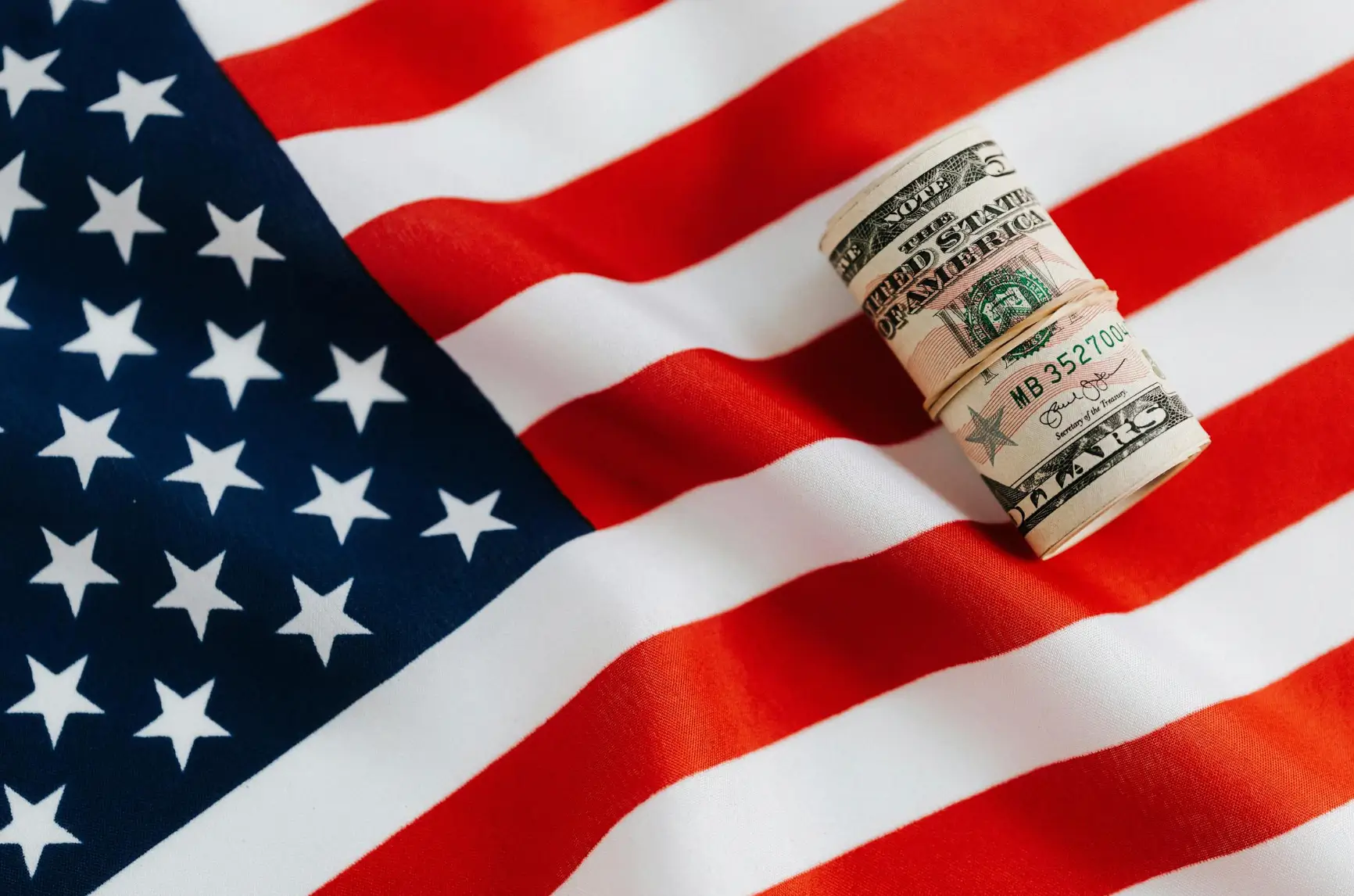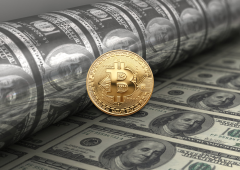U.S. Inflation Heats Up, Raising Market Uncertainty
12.02.2025 16:17 1 min. read Alexander Stefanov
January's U.S. Consumer Price Index (CPI) report revealed inflation running slightly hotter than anticipated, with annual inflation rising to 3% from December's 2.9%.
This unexpected increase has raised concerns among investors, particularly in the crypto sector, where sentiment has been fragile due to broader economic uncertainties and the Federal Reserve’s firm stance on monetary policy.
The latest data from the Labor Department showed a monthly inflation increase of 0.5% for January, up from 0.4% in the previous month. Market expectations had predicted a milder rise, making this figure a cause for concern.
Meanwhile, Core CPI, which strips out the more volatile food and energy prices, climbed by 0.4% for the month—doubling December’s 0.2% increase.
On an annual basis, Core CPI reached 3.3%, slightly higher than the 3.2% recorded in December and surpassing Wall Street’s 3.1% forecast.
-
1
U.S. PCE Inflation Rises for First Time Since February, Fed Rate Cut Likely Delayed
27.06.2025 18:00 1 min. read -
2
Key U.S. Economic Events to Watch Next Week
06.07.2025 19:00 2 min. read -
3
Gold Beats U.S. Stock Market Over 25 Years, Even With Dividends Included
13.07.2025 15:00 1 min. read -
4
U.S. Announces Sweeping New Tariffs on 30+ Countries
12.07.2025 16:30 2 min. read -
5
US Inflation Heats Up in June, Fueling Uncertainty Around Fed Cuts
15.07.2025 16:15 2 min. read
US Inflation Heats Up in June, Fueling Uncertainty Around Fed Cuts
U.S. inflation accelerated in June, dealing a potential setback to expectations of imminent Federal Reserve rate cuts.
Gold Beats U.S. Stock Market Over 25 Years, Even With Dividends Included
In a surprising long-term performance shift, gold has officially outpaced the U.S. stock market over the past 25 years—dividends included.
U.S. Announces Sweeping New Tariffs on 30+ Countries
The United States has rolled out a broad set of new import tariffs this week, targeting over 30 countries and economic blocs in a sharp escalation of its trade protection measures, according to list from WatcherGuru.
Key U.S. Economic Events to Watch Next Week
After a week of record-setting gains in U.S. markets, investors are shifting focus to a quieter yet crucial stretch of macroeconomic developments.
-
1
U.S. PCE Inflation Rises for First Time Since February, Fed Rate Cut Likely Delayed
27.06.2025 18:00 1 min. read -
2
Key U.S. Economic Events to Watch Next Week
06.07.2025 19:00 2 min. read -
3
Gold Beats U.S. Stock Market Over 25 Years, Even With Dividends Included
13.07.2025 15:00 1 min. read -
4
U.S. Announces Sweeping New Tariffs on 30+ Countries
12.07.2025 16:30 2 min. read -
5
US Inflation Heats Up in June, Fueling Uncertainty Around Fed Cuts
15.07.2025 16:15 2 min. read


